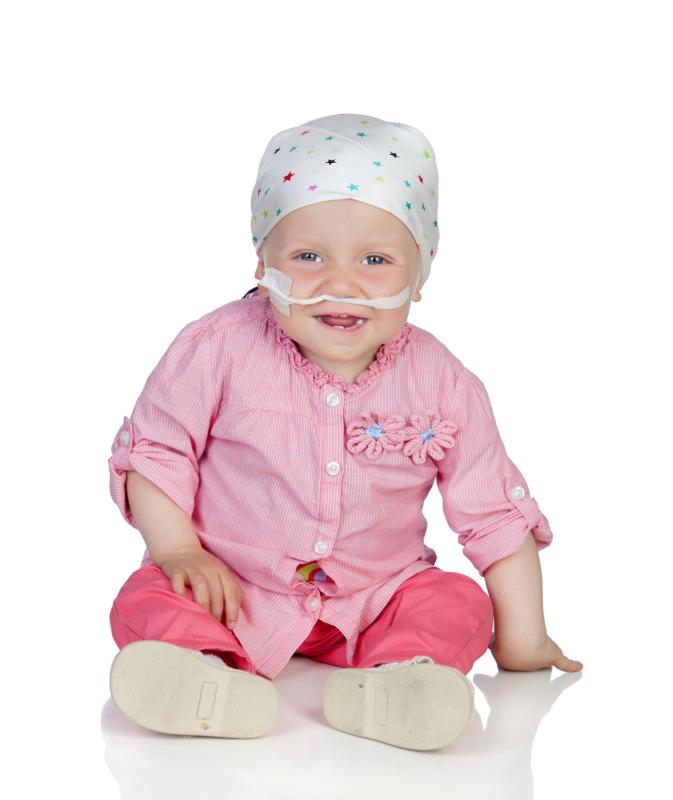SG parents share experiences of caring for children with cancer





A pilot focus group study has identified several themes indicating universal and unique caregiving experiences among Singaporean parents of children with cancer and those reported in western and other Asian cultures.
“The psychosocial needs of parents caring for children with cancer is an important area of research and clinical focus,” the researchers said. “The current findings added to the limited research on the psychosocial experiences of Singaporean parents, such as cultural differences, financial strain, and concerns within the Singaporean context.”
Convenience sampling was used to select the participants. Five parents were invited to join a focus group discussion on the psychosocial needs at the time of cancer diagnosis and into survivorship. The researchers transcribed verbatim and analysed the discussion using Braun and Clarke’s 6-step approach to thematic analysis.
Analysis of the discussion revealed three major themes on intrapersonal impact, interpersonal connectedness, and financial implications. [Proc Singapore Healthc 2020;29:183-189]
The emotional experiences of parents characterized the intrapersonal impact, which included three subthemes: emotional distress, uncertainty, and hope. In terms of interpersonal connectedness, parents reported being emotionally validated by interacting with other parents who also had a child diagnosed with cancer.
“They described the parental experiences of obtaining both knowledge and comfort from forging these relationships,” the researchers said. “Parents described these relationships as a protective factor from the sense of isolation that often came with the diagnosis.”
Finally, financial implications were characterized by discussions of the financial consequences of the diagnosis and by two other subthemes, namely financial strain and accessing funds. The former described the financial impact of treatment costs on the family, including difficulties in maintaining employment and navigating health insurance claims, while the latter included difficulties in accessing medical saving funds due to the current national policy.
Overall, these findings supported those reported in western research and Asian studies. [J Pediatr Oncol Nurs 2012;29:253-271; J Psychosoc Oncol 2017;35:128-147]
“Despite cultural differences in quality of life between Singaporean caregivers and those in western countries, the broader constructs of emotional and interpersonal experiences among parents of children with cancer appear universal across cultures,” the researchers said. [J Pediatr Oncol Nurs 2012;29:253-271; Singapore Med J 2017;58:258-261]
“However, the processes by which parents go through these experiences may differ in terms of the way they perceive, react, and cope with their child’s cancer,” they added. [J Pediatr Oncol Nurs 2014;31:252-271]
When taken in the context of existing literature, cultural differences in Singapore do not appear to hinder psychosocial interventions, but the knowledge of such differences could help clinicians to provide interventions that are “framed in the context most relevant and easily acceptable to parents from various cultural backgrounds,” according to the researchers.
“Notably, these findings provided an update on the parental experiences of caring for children with cancer in Singapore and highlighted the need for ongoing research and the development of early and holistic psychosocial support services for these parents,” they added.